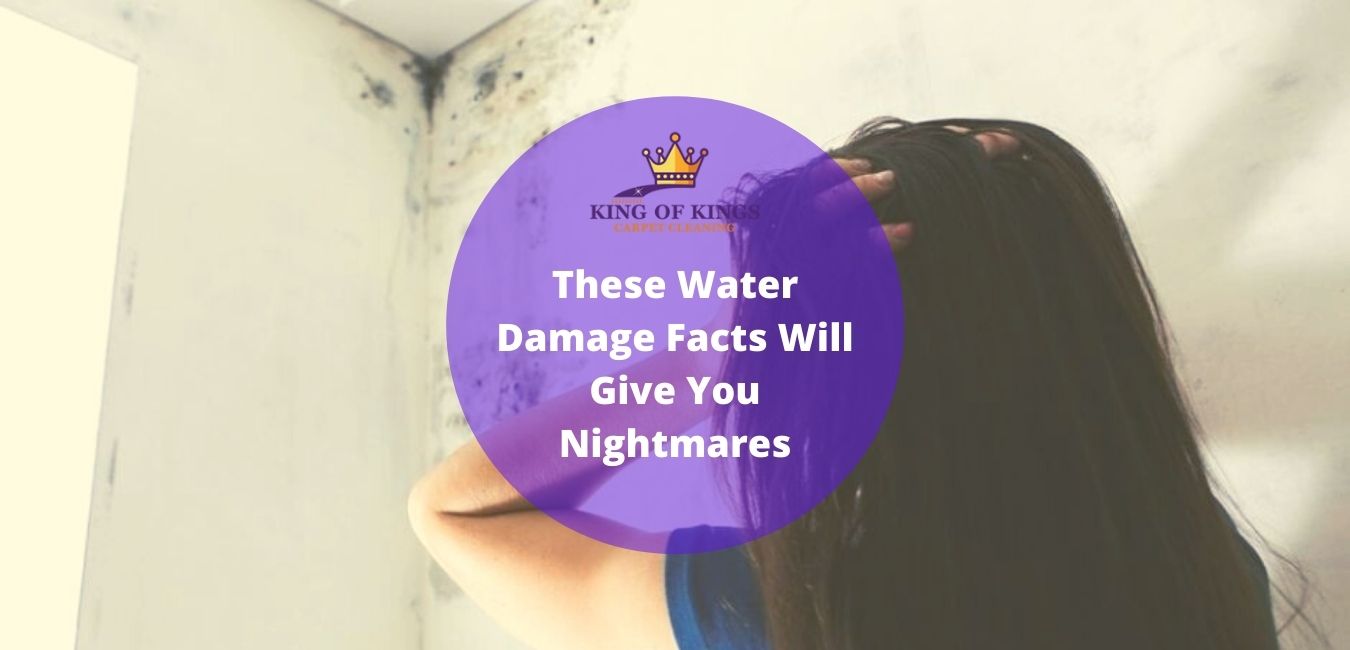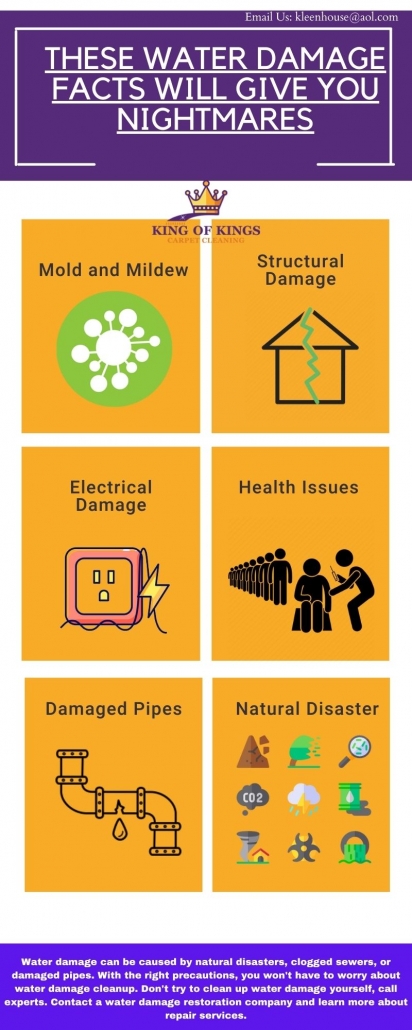Water damage in your home can have many causes. This could be due to plumbing problems, overflowing bathtubs, or flooding from bad weather. It is important to be aware of the potential hazards and safety issues that can prevent them. Here are some facts you should know.
Mold and Mildew
Mold can be extremely harmful to health and the growth of potentially damaging molds requires three things: oxygen, moisture, and organic matter. This can lead to mold and mildew that are bad for your home and health.
In untreated areas with these factors, mold can form very quickly. Not all types of mold are toxic, but some are unhealthy. You’ll never want black mold to grow in your home! To keep your home clean and tidy, you need a service from a water damage restoration company as soon as possible.
Structural Damage
Flooding damage can cause structural damage to property if not repaired and deteriorated. Moisture dripping through concrete and sliders can cause mold and rot. Check these signs at home regularly and contact for clean-up water damage.
Make sure the water pressure in your home is not too high. Otherwise, the pressure may cause the pipes and hoses to fail. You can level it by installing a water pressure gauge. A water pressure regulator can be helpful in homes where water pressure cannot be controlled. This can already have a structural impact on your home.
Electrical Damage
You turn on the lights in the basement and go down the stairs to find several inches of stagnant water covering the floor. Before finding a source by floating on water, keep in mind that water conducts electricity, especially when in contact with devices such as electrical outlets, cords, etc. Ignoring flood damage can be dangerous and don’t think that water damage clean-up is costly.
If not repaired as soon as possible, your home’s electricity could be damaged. Water damage from basement flooding can be catastrophic, so pay close attention to the consequences. Clean up the flood as soon as possible to avoid further problems.
Appliances
Older appliances can rust pipes and weaken hoses. Dishwasher leaks can create unwanted puddles on the kitchen floor. Common causes include worn gaskets, broken doors, and clogged drains.
Different appliance flooding is usually caused by hose leaks. Leaks can get worse over time and cause damage to your home. If there is a leak in the plumbing supplying the ice machine, you can return to the house with stagnant water. Make sure your refrigerator is well insulated to prevent it from submerging in water. Avoid repositioning too often and contact a water damage restoration company.
Health Issues
If mold remains in an inhabited area, it can cause health problems for everyone living there. This can cause skin and respiratory problems, especially in people who already have conditions like asthma or eczema. Everyone should have a clean and healthy home to lead a healthy life.
HVAC Units
The heating, ventilation, and air conditioning systems in your home can cause flooding. Inspect and clean these systems regularly. If you know a storm is coming, turn off the central air conditioning system to avoid damage and the risk of electric shock.
Natural Disaster
Flood warning and warning systems can help protect your home from natural disasters. Some people living in flood-prone areas built their homes on poles to prepare for flooding. Others install foundation vents or sump pumps. You can also mow your lawn away from your home. Check where the plumbing is and lock it down if you are away for an extended period. This way you won’t experience any unwanted surprises.
Flooding can damage the foundation
A small crack in the foundation of a house will not matter much. They are common when the house is old. But large cracks can certainly be a cause for concern. Floods can cause problems with your finances, and any attempt to fix them can be disastrous.
Damaged Pipes
Plumbing systems, especially in older homes, are susceptible to stalling and damage. To prevent plumbing problems before they begin, check your ceiling or floor for cracks, bumps, stains, and other signs of moisture. If you find a leak, it could be a Fact of Water damage elsewhere.
Sudden spikes in water bills can mean additional damage to landscaping, floors, and foundations. Watch out for pipes in areas prone to water collection, such as changing rooms, closets, and attics. If you see any signs of water damage, contact a plumber immediately to avoid more serious problems in the future. Inspect and insulate the pipes each year before the onset of winter. Pipes can crack and freeze for hours, drenching the entire house.



Leave a Reply
Want to join the discussion?Feel free to contribute!